



The Transportation Workforce Development group provides leadership and coordination on initiatives that develop and expand the Nation’s current and future transportation workforce. The team works with Federal, State, and local agencies, as well as industry organizations and academic institutions, on programs that seek to build awareness and interest in transportation career options. It also helps professionals build skills to take the next steps in their careers. Many programs place a particular emphasis on reaching women, minorities, and other disadvantaged groups
During 2022, the Every Day Counts-6 (EDC-6) Strategic Workforce Development (SWD) team hosted various in-person and virtual events to share ideas, lessons learned, best practices, and valuable resources to build stronger workforce development programs across the Nation.
For more information on how to get involved or participate in an in-person or virtual event related to improving the highway construction workforce development in your State, contact Program Manager Chrisy Currier.
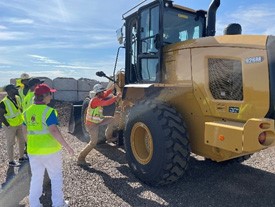
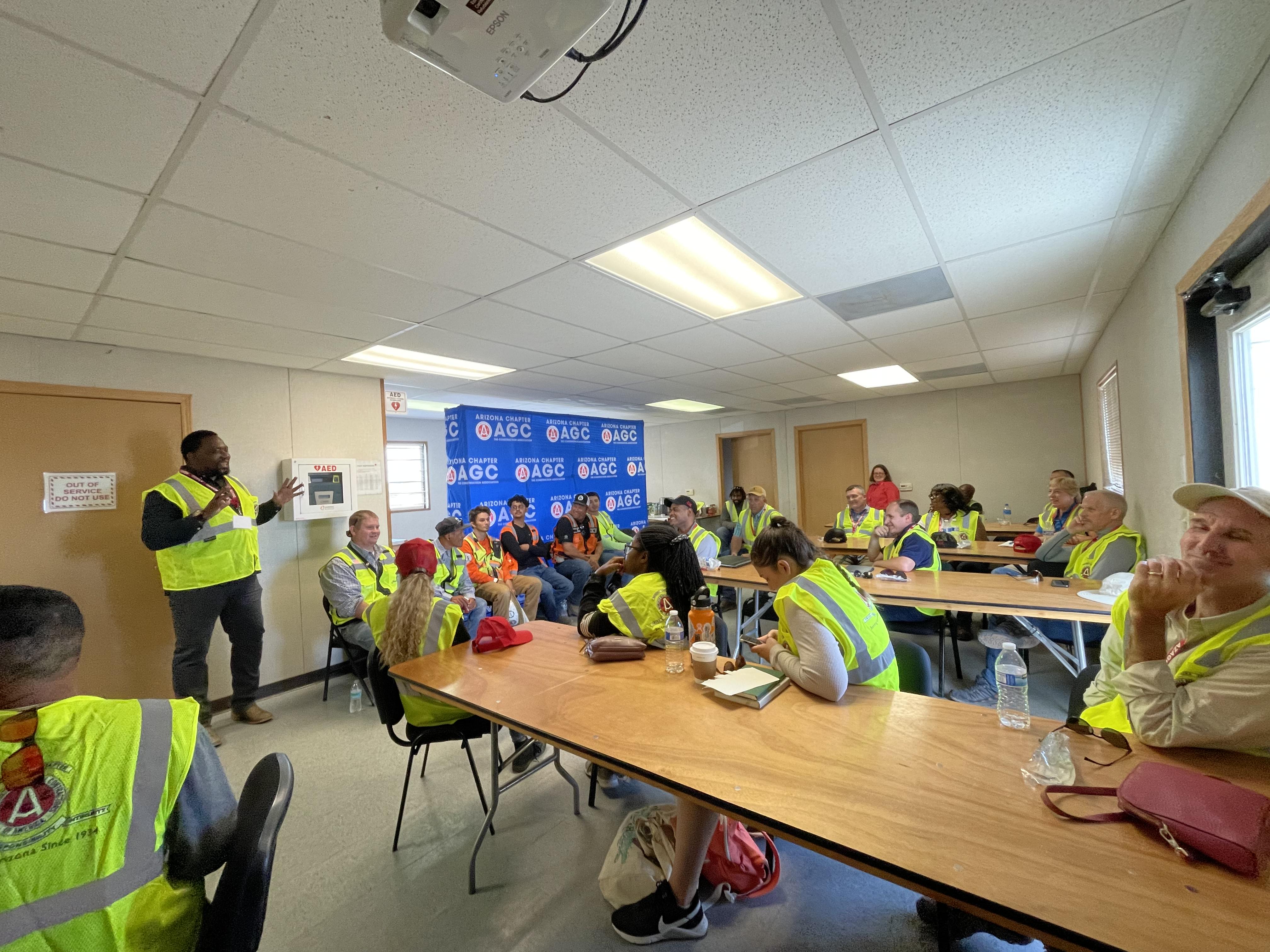
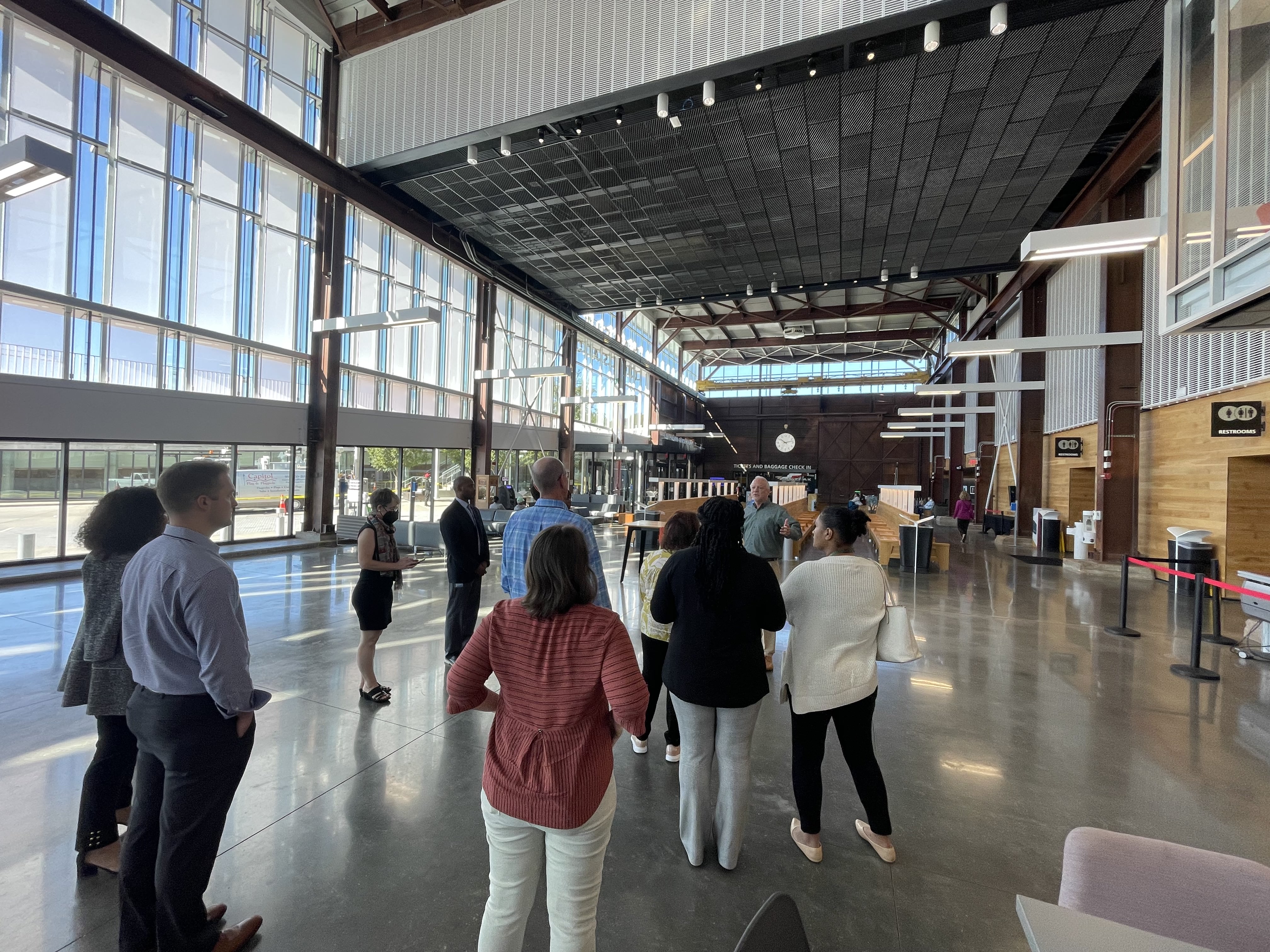
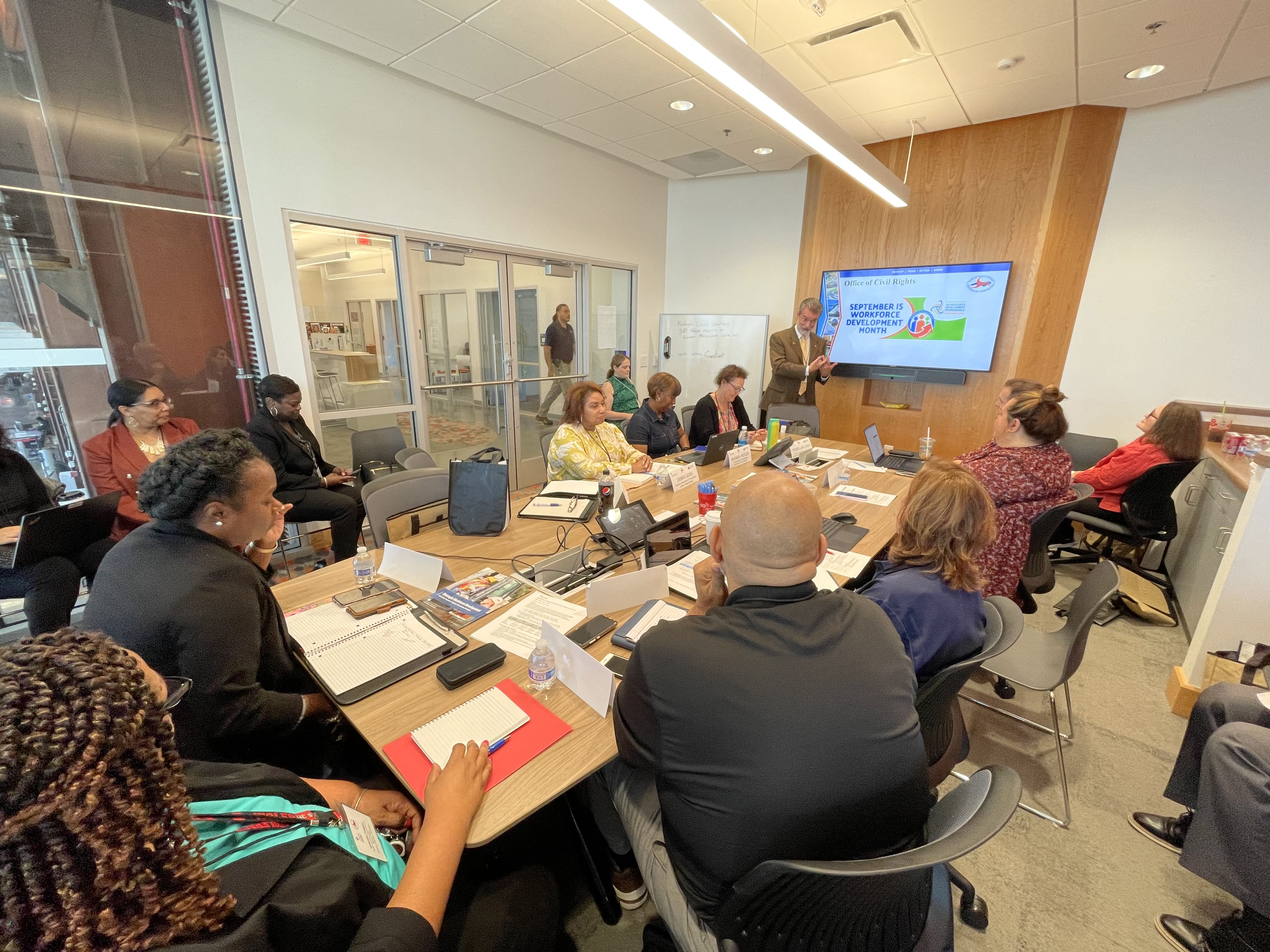
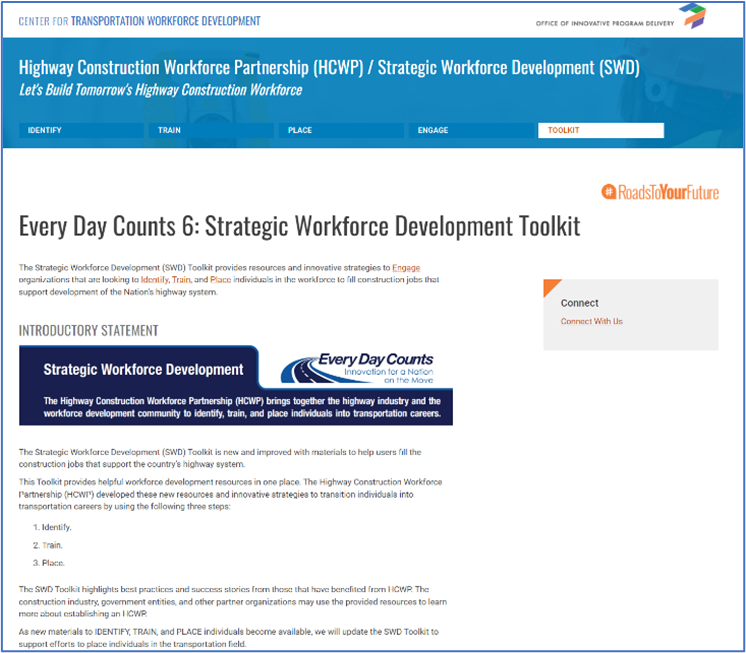
The EDC-6 team offers the SWD Toolkit online to provide innovative resources, outreach materials, and strategies for States to learn about and enhance their workforce development programs to fill construction jobs that support the Nation’s highway system. The toolkit highlights best practices and success stories from the construction industry, government entities, and other partner organizations that have benefited from the HCWP.
Current information in the SWD Toolkit includes:
The SWD Toolkit is regularly updated to feature new materials. Recent additions include a case study on the Texas ConnectU2Jobs program and metric factsheets from Idaho and Texas pilot programs. Check out new materials in collaboration with the United States Women’s Bureau—coming soon.

SWD Introduction Tools:
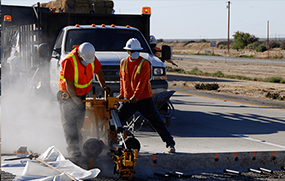
Pilot Profiles:
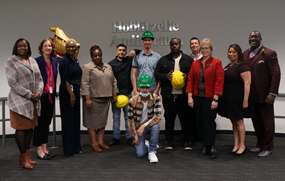
Case Studies:
Worker shortages and training demand driven by new technologies are major challenges facing highway contractors today. According to the Associated General Contractors of America, as many as 90 percent of highway contractors have difficulty finding qualified workers to fill available jobs.
The additional investment in highway infrastructure funding in the Bipartisan Infrastructure Law will result in an even greater challenge for contractors to find the workers they need. Increased investment means more projects and the need for more workers in an already tight national labor market with competition for skilled workers from other industries.
FHWA’s Highway Construction Workforce Partnership Grant Program (HCWP) is making an important contribution to highway industry workforce development through partnerships with transportation, education, and workforce development organization working groups at the State and local levels.
Working Group partners are numerous and include:
The HCWP grant recipients began program implementation in the first quarter of 2022. Twenty-one States applied for HCWP grants, with total requests of more than $8 million. With only $4 million in available funding, awards were made to eleven State DOTs. The HCWP grant recipients are developing impressive programs that reflect the diversity and scope of highway industry workforce development.
For more information, please visit the HCWP website.